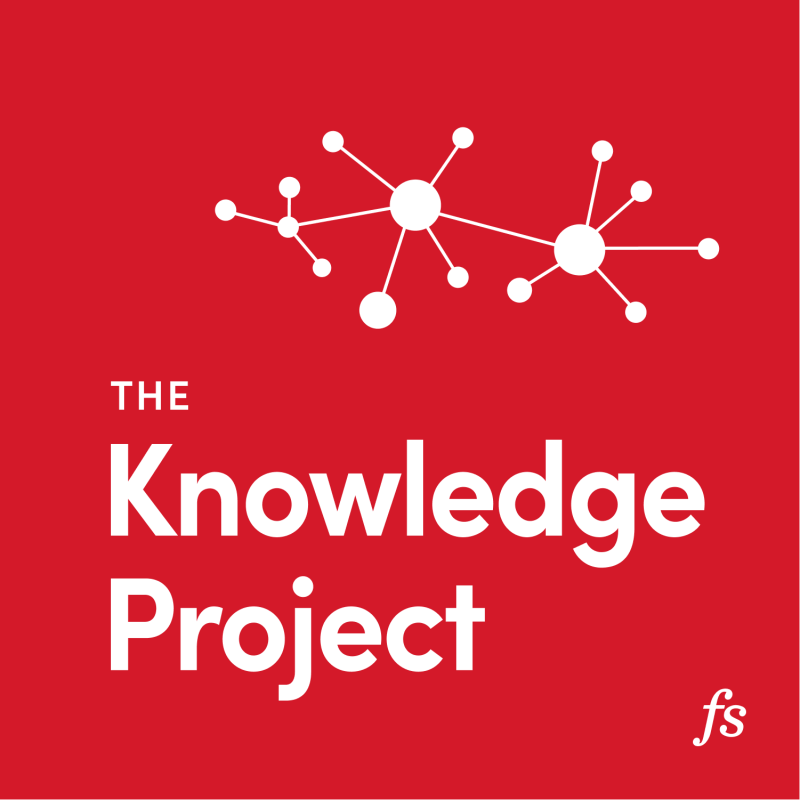Stanford behavior scientist BJ Fogg reveals why everything you know about habits is wrong – and the surprising truth about how they form.
Fogg shares his groundbreaking research in this fascinating conversation, showing that emotions, not repetition, create lasting habits.
Drawing from over a decade of research at Stanford’s Behavior Design Lab, he explains his proven three-phase system for breaking hard-to-change behaviors, how to harness your environment to make change effortless, and why tiny actions lead to a remarkable transformation.
You’ll learn why motivation isn’t the key to change, how to redesign your environment for automatic success (including his ingenious “super fridge” method), and the scientific way to make or break any habit in just 5 days. Whether you’re trying to build better habits or break challenging ones, this conversation provides an evidence-based blueprint for lasting personal change.
Listen on: Apple Podcasts | Spotify | Transcript
Here are a few highlights from our conversation:
Information alone does not reliably lead to sustained behavior change. Now, information can be part of the puzzle but that alone doesn’t seem to do the trick for most people. Seeing statistics, seeing data won’t necessarily change somebody’s behavior in the long term.
Behavior happens when three things come together at the same moment; motivation, ability and prompt. If you give information that specifies the behavior, well, that’s the B in the behavior model and that gives people more ability than you’ve hit, I think the most important things in changing behavior; be specific, and make it really easy to do.
I’ve mapped out what is ability, what is motivation, what is behavior, all of those things. When it gets to context, it’s such a hard thing to feel. That is a project that’s in the back of my mind and if there is a solve, maybe I’ll stumble across it someday. Maybe somebody’s already solved it, and that would be awesome.
If you need people to do hard things, you’ve got to prompt them when there’s a motivation wave, not after the wave has subsided. If you need people to buy candy canes, well, ask them to buy candy canes in early December. Come December 26, they’re going to be a lot less motivated by candy canes.
If motivation is high, I can get myself to do hard things or I can get other people to do hard things, but when it drops lower, we need to scale that back and not have other people or myself do hard things then just do really tiny things. You are adjusting the difficulty of the behavior according to the level of motivation in that moment.
The feeling of success is what wires in habit and it keeps people going. But that feeling of success seems to generalize and help people unlock in other areas where they were fearful before, so the fear diminishes, so the hope can emerge.
You don’t have to do these massive things to get this shift in identity and shift in self-talk, you can do it through these pretty simple and straightforward ways.
There’s these approaches to managing my environment that I’ve systematized. That’s all in the service of optimizing my habits, which, in turn, is what I do so I can have more positive impact in the world, because that’s what it boils down to for me, it’s like, I need to be as effective as I can in helping people be happier and healthier.
It’s positive emotions that help you change best. That means you feel good through changing, and you don’t have to procrastinate it. By helping yourself feel successful, not only do you wire in the habit, but then you have all these other positive effects, some of which we talked about earlier.

